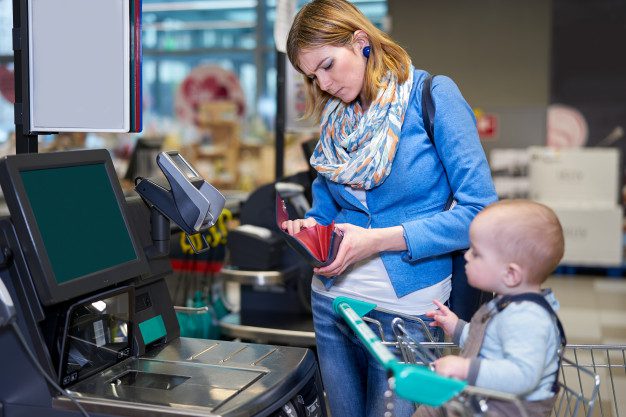Self-checkout, once seen as the future of retail, may now be in retreat. Several major retailers have announced recent cutbacks in these lanes.
Dollar General has removed self-checkout in roughly 12,000 of its stores, and at remaining locations, it will be limited to customers with five or fewer items. Target is also restricting self-checkout to shoppers with 10 or fewer items and is rolling out Truscan, a technology that helps detect unscanned items.
Similarly, some Walmart stores have begun reserving self-checkout lanes for Walmart+ members and drivers for its Spark delivery service. And in April, Amazon removed “Just Walk Out,” its cashierless checkout system, from its Amazon Go stores.
While many of these retailers attributed the decisions to improving the customer experience, the primary reason seems to be shoplifting. Five Below has been quietly removing self-checkout options at its higher-risk locations since last year. During the company’s Q1 earnings call, CEO Joel Anderson admitted that the budget retailer had found this to be the best way to combat shrink, the industry term for inventory losses from any cause.
“We tested many shrink mitigation initiatives late in Q3 into Q4, including product-related tests, front-end initiatives, and guard programs,” Anderson said. “The most significant change we made across most of the chain was to limit the number of self-checkout registers that were open while positioning an associate upfront to further assist customers.”
Statistics back up Anderson’s plan. Research from Capital One shows that theft increases by up to 65% at self-checkout compared to a traditional checkouts. Separate data from the LendingTree found that 15% of self-checkout users admitted to using them to shoplift.
Balancing Consumer Preferences
Nevertheless, self-checkout remains highly popular. An estimated 44% of transactions at grocery stores were conducted through it last year, up from 29% in 2022, according to the Food Industry Association. The challenge for retailers going forward is to balance this convenience against their security concerns.
“It’s key for retailers to find the perfect balance between achieving a positive customer experience, efficient checkout, and optimal loss prevention,” said Elisa Tavilla, Director, Debit Payments at Javelin Strategy & Research. “Sales associates can provide personalized customer service and serve as theft deterrent, but self-checkout technology can also speed up the check-out process and detect potential theft. Retailers need to decide what their customers want and what works best for their stores, which might differ depending on location.”
